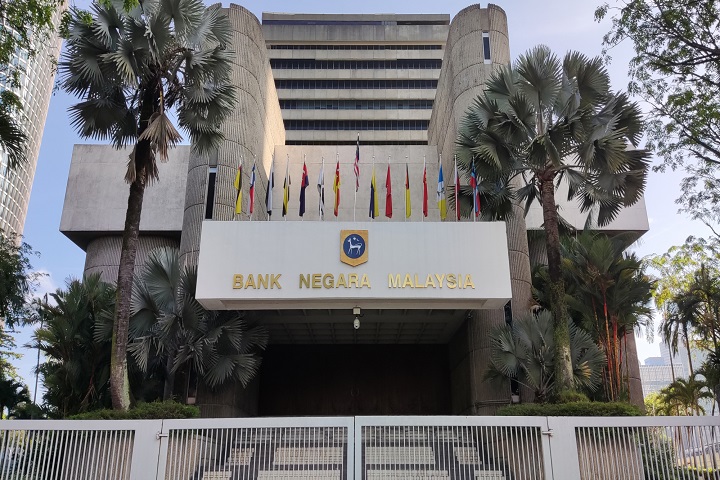
Accountability of MPC is paramount

By: Dr. Azian Madun
The primary mission of the central bank is to maintain price stability or a low level of inflation. The central banks act as principals in a principal-agent relationship with society, and they have been granted independence in order to better perform their mission. As a result, central bank accountability is focused on fulfilling its mandate, making transparency secondary to its ultimate goals and objectives.
However, the ongoing debates over central bank independence, in light of post-crisis reality, underscore the fact that central banks do not and should not function in a vacuum. Like other public organisations, central banks should be held accountable to the government and society. Transparency is an essential component of social responsibility. The disclosure of meeting minutes, responsiveness to legislators’ queries, the publication of comprehensive technical studies, meetings with Finance Ministers, and the holding of news conferences are all examples of proper transparency.
Integrity is closely associated with accountability and transparency, both of which are held in the highest regard in Islam. These values serve as the fundamental components in constructing a just social structure. The figure below demonstrates the essential relationships between the key principles that comprise central bank governance. The concept of transparency, which bridges independence and accountability, is critical in allowing independent central banks to demonstrate their efficacy and public responsibility. Essentially, it shows that more autonomy requires more transparency, which leads to greater accountability and better policy.
According to the Central Bank of Malaysia Act 2009 (Act 701), one of the tasks of the Bank Negara Malaysia (BNM) is to decide interest rates for financial institutions, which is delegated to the Monetary Policy Committee (MPC). The decision that matters most will be whether to raise or lower interest rates, which will have a direct influence on the financial commitments of the whole Malaysian population. Even a 25 basis point rise will have a major impact on consumers’ financial commitment, particularly in the middle and lower classes, though this may only be temporary. Unfortunately, the manner in which the matter has been resolved and conducted thus far has been superficial and lacks substantiality. Prior records indicate that the information was revealed in a half-page news statement that gave scant reasoning for the decision, in contrast to Norway and Sweden, who have internet live broadcasts of press conferences after their monetary policy decisions.
Because of the MPC’s discretion in decision-making, the public’s demand for transparency is fair and not surprising. Enhancing the quality of correspondence is necessary in order to effectively communicate policies. Customers, in essence, desire transparency from public organisations. When taken to its logical conclusion, transparency implies that all accessible information should be made public. Any selection of information, any preservation of knowledge, would be a violation of the transparency principle, and hence a violation of the pledge to be accountable to the public. Demands for comprehensive openness as a necessary complement to independence are practically inescapable, particularly in the case of legally independent organisations such as the BNM.
If the MPC’s decision is poorly communicated, market players are more likely to change their longer-term expectations, such as inflation forecasts, to reflect the current situation. If there is no meaningful communication between the MPC and the general public, people will utilise accessible data to second-guess the BNM’s reasoning. If the MPC’s decision is compatible with the BNM’s aim, it indicates the credibility of the MPC; otherwise, its independence will be jeopardised.
It is apparent that effective communication is a major hindrance to monetary policy. The better central banks explain to the public the rationale for the MPC’s decision, the more successful their monetary policy will be. As a result, the BNM must provide extensive information about its strategy, evaluations, and actions. The BNM must also emphasise the complexity of monetary policy choices, as well as the uncertainty and volatility of the monetary policy environment. Uncertainty exists when economic circumstances vary, as do the kind and magnitude of economic shocks.
In conclusion, in the pursuit of establishing a just social order, communication, transparency, and accountability should not to be evaluated in isolation. These three elements are interdependent due to the BNM’s monetary policy mandate and its influence on society and consumers. The BNM is required to not only carry out its responsibilities, but also to present compelling justifications for its decisions. Regardless of external opinion, the BNM is required to transmit to the best of their knowledge and belief.
……
The author is a Senior Lecturer at the Department of Syariah and Management, Academy of Islamic Studies, Universiti Malaya, and may be reached at [email protected]
-DG
